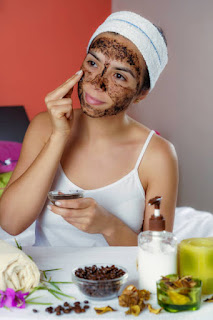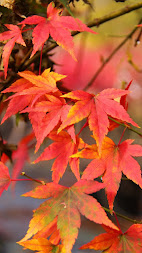Tips to Treating Really Bad Acne in Women
Treating Really Bad Acne in Women
Acne is a common skin condition that affects people of all ages and genders, but it can be particularly challenging for women. Hormonal changes, stress, diet, and genetics can all contribute to acne in women, making it a complex and frustrating condition to manage. If you're struggling with bad acne, don't worry - there are many effective treatments available. In this blog, we'll cover some tips to help you treat your acne and achieve clear, healthy skin.
Cleanse Your Skin Gently
One of the most important steps in treating acne is to cleanse your skin gently. Use a mild, non-comedogenic cleanser that won't clog your pores or strip your skin of its natural oils. Avoid harsh scrubs or exfoliants that can irritate your skin and make acne worse. Be sure to wash your face twice a day, in the morning and evening, and after sweating.
Use Topical Treatments
Topical treatments are products that you apply directly to your skin to treat acne. They can be over-the-counter or prescription-strength, depending on the severity of your acne. Some common topical treatments for acne include benzoyl peroxide, salicylic acid, and retinoids. These products work by killing bacteria, unclogging pores, and promoting skin cell turnover. It's important to follow the instructions carefully and avoid using too much, as this can cause dryness and irritation.
Use Clean Makeup Remover Cloth
Makeup remover cloths are a gentle and effective way to remove makeup and impurities from your skin without causing further irritation. They are especially helpful for those with sensitive skin and can be used as part of a daily skincare routine to help prevent acne. By using a makeup remover cloth, you can remove makeup and unclog pores without the need for harsh chemicals or exfoliants that can further irritate the skin.
Consider Oral Medications
If your acne is severe or doesn't respond to topical treatments, your dermatologist may recommend oral medications. Antibiotics, hormonal contraceptives, and isotretinoin are all options for treating acne. These medications work by reducing inflammation, regulating hormones, and reducing oil production. They can have side effects, so it's important to discuss the risks and benefits with your doctor before starting any medication.
Manage Stress
Stress can exacerbate acne, so it's important to find ways to manage it. Exercise, meditation, deep breathing, and yoga are all effective stress-management techniques. Getting enough sleep, eating a healthy diet, and avoiding alcohol and tobacco can also help reduce stress and improve your overall health.
Adjust Your Diet
While there's no one-size-fits-all diet for acne, some research suggests that certain foods may contribute to acne. Dairy, high-glycemic-index foods (such as white bread and sugary drinks), and foods with a high omega-6 to omega-3 ratio (such as processed snacks and fast food) have all been linked to acne. Experiment with cutting back on these foods and see if it makes a difference for your skin.
Protect Your Skin
Protecting your skin from the sun is important when you're treating acne. Sun exposure can cause inflammation and discoloration, and some acne medications can make your skin more sensitive to the sun. Use broad-spectrum sunscreen with an SPF of 30 or higher every day, even on cloudy days. Wear a hat and seek shade when you're outside for extended periods.
Don't Pick or Pop Your Acne
It can be tempting to pick or pop your acne, but this can make it worse. Picking at acne can cause scarring, infection, and more acne. It's best to leave your acne alone and let it heal on its own. If you have a particularly stubborn pimple, see your dermatologist for a safe and effective extraction.
Be Patient
Treating acne takes time, and it's important to be patient. It can take several weeks or months for your skin to respond to treatment, so don't get discouraged if you don't see results right away. Stick to your treatment plan, avoid triggers like stress and unhealthy foods, and be gentle with your skin.










Comments
Post a Comment